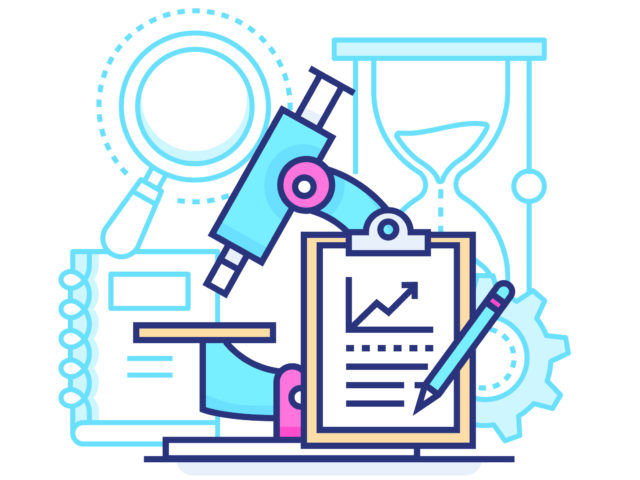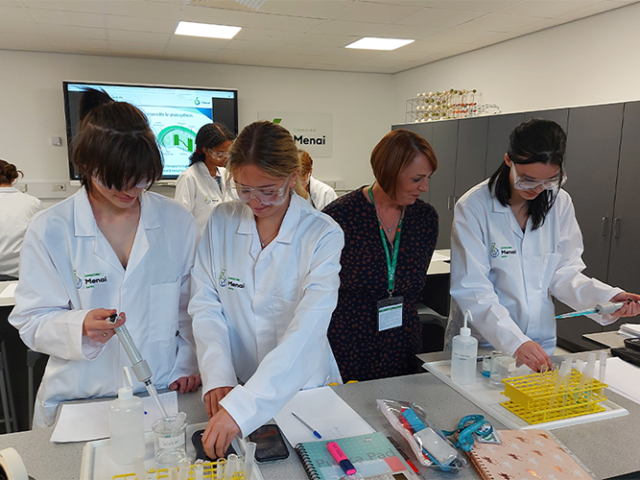In the late summer of 2014 I took a late night phone call. I learnt on that call that my best friend Ben had committed suicide. I went downstairs, got a bottle of spirits and drank it in my garden and cried for hours.
It took a while to really come to terms with it. Months. To get over the mixture of guilt, confusion, anger and sadness and ultimately to arrive at forgiveness to myself and to Ben.
Then started the slow reflection on our years of tight and close friendship bound by one common factor. Alcohol. We hung out loads over the years and we drank, but what struck me as I reflected was that we didn’t really talk to each other. Not really, not sober and not about the things that really mattered, we didn’t talk or listen to each other. Furthermore on self reflection I realised that I had been hiding behind alcohol for years too. I didn’t know how to really talk to someone or to be there for them and give myself over selflessly to listen to them and care about what they said enough to ask them questions. I think to a certain extent we all feel a bit like that either some of the time or more of the time.
We are rubbish at talking and listening to each other and most of us haven’t been educated in the simple and powerful benefits of exercising the emotional muscles through the incredibly simple and accessible methods of talking honestly and actively listening to each other. So simple, quite literally under our noses and quite simply a hidden truth for most of us.
We are bound by a culture that respects physical fitness, not mental fitness, by shame, by ineptitude and by a false sense of strength. That somehow keeping it in, not sharing, not bothering anyone is strength. When the reality is, the opposite is true. It’s far more scary and takes far more courage to open up and share, to show an open hand and to ask for that in return.
I learnt recently, the etymology of the word courage. Cor, the stem of heart, and rage, the stem of story. The original meaning of courage is to tell the whole story of your heart. Does that also give you a different perspective?
On a more practical level. We simply don’t have the structure, the format or the permission to speak freely and to listen actively. To know the benefits of exercising emotions, to know that it’s possible, that it can be as simple as your 5-10 minute stretches or physical exercises. It took my wife Carien to teach me this, how to open up and speak honestly and of the power of giving questions to someone to build friendship.
This journey has changed me. I pivoted from my pursuit of creative problem solving in other people’s businesses of building useful products for the goals of others. To the purpose of solving this problem
“We have poor emotional health”
The news headlines have been echoing for years of stories of students of teenagers of the 1/4 adults in the UK and 1/5 of the US that has no one to talk to, of the growing epidemics of loneliness, anxiety and depression.
Have you ever stopped and asked yourself why the word ‘health’ feels positive in ‘physical health’ and yet feels negative in ‘mental health’?
There are many brilliant and worthy services in the reactive end of the emotional and mental health spectrum. But where are the preventative and positive services? Of which there are many in the physical health spectrum. Where is the education and habit of regular emotional health and exercise.
So began the start up journey of Fika. A journey of prevention not cure, with Gareth the other founder of Fika, who carries his own story. As does each of the talented and passionate team at Fika. Each of us are committed to our shared mission to mainstream Emotional Fitness.
We are building Fika on the shoulders of giants on decades of psychological interventional science. We are building an app platform that exercises emotions by rekindling the simple art of conversation. Inspired by the Swedish same named tradition. To Fika. Is to make time for friends and to meet over coffee and sweet buns to talk and listen.
Uniquely Fika reconnects users, using peer to peer guided emotional exercise formats, to improve their Emotional Fitness.
In an era of the individual, we are using technology to bring people back into conversation. Innovating with technology to remove bias and respect privacy in our user profiling. To help you discover the benefits of Emotional Fitness – increased confidence, focus, perspective, resilience and empathy and to build the essential soft skills required to thrive and to be the best you. It’s 2019 and confidence is the new six pack.
The Fika platform and app has been developed with science and technology for over two years and we are now embarking on what will be a groundbreaking 2019 Emotional Fitness Programme in closed trials to incubate and refine Fika with 1000s of students across our initial UK University partners, Exeter, Lincoln, Manchester Metropolitan and Coventry. Supported by their leaders and academics who also share our passion to raise the agenda on Emotional Fitness and to innovate with technology to provide important self support and peer support tools and to bring the education of Emotional Fitness to the students of the UK.
It’s time we took a fat marker pen and drew a line through the word ‘stigma’ and above it write the word ‘fitness’.




